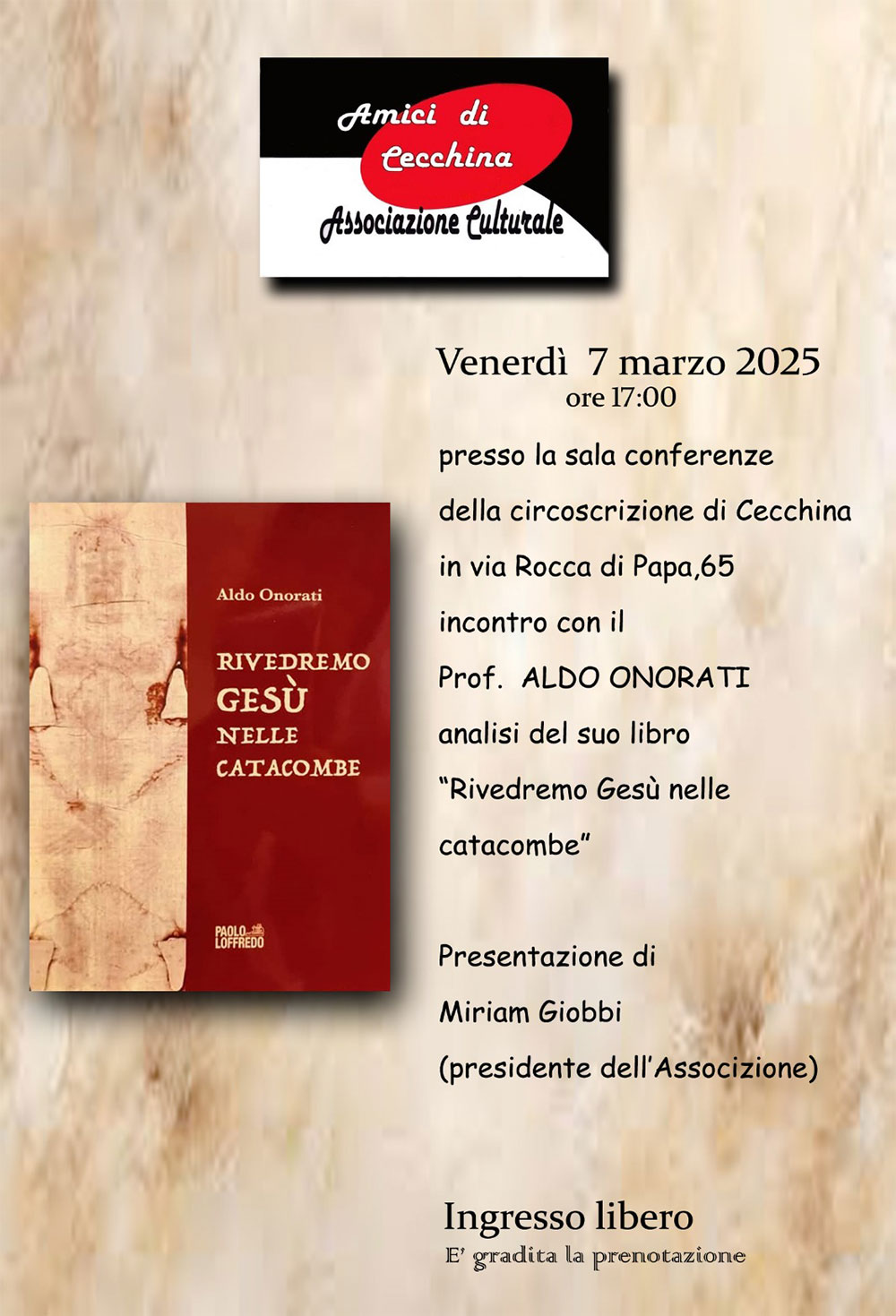 Paolo Loffredo, sixth generation of a large family of publishers and booksellers engaged in the production and distribution of books since the late nineteenth century, creates in 2012 the new editorial company Paolo Loffredo Editore. The historical site was until the '80s in the heart of the historic centre of Naples in Via San Biagio dei Librai, lower Decumano and also known as the SpaccaNapoli.
Paolo Loffredo, sixth generation of a large family of publishers and booksellers engaged in the production and distribution of books since the late nineteenth century, creates in 2012 the new editorial company Paolo Loffredo Editore. The historical site was until the '80s in the heart of the historic centre of Naples in Via San Biagio dei Librai, lower Decumano and also known as the SpaccaNapoli.
At the beginning of the twentieth century, Giuseppe Loffredo decided to add book selling to the book production, which definitively imposed itself after World War II with the publication of manuals for the University and for the School that succeeded in establishing themselves soon throughout Italy.
LAST EVENT
"Rivedremo Gesù nelle catacombe"
07 Marzo 2025 - Sala Conferenze circoscrizione di Cecchina - via Rocca di Papa 65, Albano Laziale (RM) - ore 17,00

Logus poiein – L’eredità platonica e il superamento dell’aporia nei dialoghi
ISSN: 2611-3562
Language: Italian, Greek
Publisher: Paolo Loffredo Iniziative Editoriali Srl

Description
Logus poiein. L’eredità platonica e il superamento dell’aporia nei dialoghi
At the center of this research is the analogical relationship that links the platonic logous to the universe. The platonic logous, in fact, at some point in the history of Platonism, is assimilated to the cosmos, which is the most beautiful among living beings. Analyzing texts, fragments and testimonies attributable to the literary and metaphysical speculation of the masters of philosophy of the imperial and late-ancient epoch, the volume reconstructs the historical background and the philosophical nucleus of the neoplatonic cosmo-literary theory.
This theory affirms and demonstrates that Plato, with his dialogues, has created the best and most beautiful literary image of cosmogony. The pages of this book are not, therefore, devoted solely to the analysis of the structure of the cosmo-literary analogy, but also lead the birth of this analogy to the history of attempts, made by those who felt heirs of the Platonic doctrine, to read and consistently present Plato. Among these attempts is to overcome the aporia of the dialogues, an attempt that results in the birth and the definition of a new image of Plato: a divine Plato, Demiurgo of a dialectical cosmos. Aimed at an audience of specialists and aspiring Platonists, the book shows, therefore, the exegetical strategies through which the same characteristics of the cosmos that Plato theorized in the dialogues are attributed to the platonic logous. The historical-philosophical approach manages to bring out how the old masters, who became supporters of a 'literary metaphysics', had appropriated a whole tradition of discussions around the sensitive cosmos - an image of the intelligible cosmos - in order not only to remark the Plato's symphony with itself, but also to guarantee to themselves the possibility of philosophizing.














